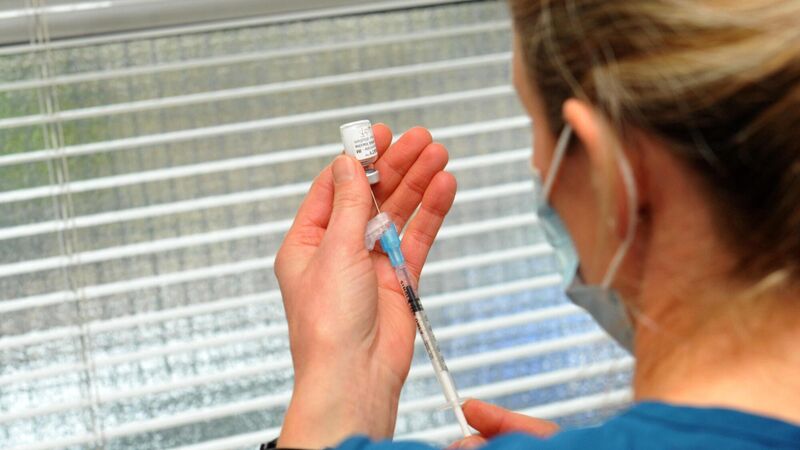Groundbreaking UL study reveals impact of loneliness and stress on Covid vaccine response

The authors found that lower social cohesion was predictive of a lower response to a single-shot of the Covid vaccine. Picture: Larry Cummins
A groundbreaking new study from the University of Limerick (UL) has revealed that loneliness and social stress can negatively impact our antibody response to Covid-19 vaccines.
Social cohesion is the degree of social connectedness and solidarity among different groups in society and where this was lacking, it was found to be an additional factor in reducing Covid-19 vaccine responses.













